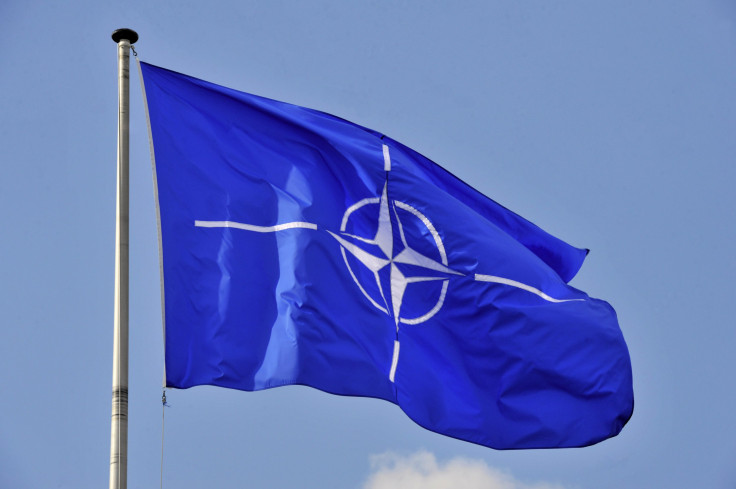NATO Denies War Plans Against Russia Amid Increased Military Exercises From Both Sides

NATO responded forcefully Wednesday to a report that suggested the 28-country alliance and Russia were heading toward all-out war. The report, written by the European Leadership Network, a London-based policy think tank, said that the increased level of military exercises by both sides could make an actual conflict more likely.
NATO denied claims in the report that it was organizing exercises with “war plans in mind,” instead suggesting that it was actually Russia that was preparing for conflict.
“NATO has made repeatedly clear that we not seek confrontation with Russia,” said NATO in a press release. “For over two decades, we have tried to build a cooperative relationship with Russia. But Russia has changed borders by force, continues to support separatists in Ukraine and threatens to base nuclear missiles close to Alliance borders.”
The NATO press release noted that Russia had conducted more than 4,000 military exercises in 2015, which it contends is 10 times more excercises than the alliance done in the same time period. “Moreover, Russia has incorporated nuclear and nuclear-capable forces in its recent exercises,” notes the report.
Relations between Russia and NATO have reached their lowest point since the end of the Cold War in 1991. While many former Soviet republics and satellite states became independent and moved to build warmer ties with the West, Russia has maintained a largely hostile posture towards European and NATO expansion. That reached a peak last year when Russia annexed Crimea from Ukraine in March and become involved in the eastern Ukraine war between Kiev and pro-Russian rebels.
While Europe and the United States have initiated economic sanctions against Moscow, the hostile behavior has continued. Russian jets and warships have repeatedly crossed into the sovereign territorial waters and air space of many countries on the Baltic coast.
The report by the European leadership network called for both sides to improve communications and be more transparent in their military activities. The group also called for Russia and NATO to limit the war games and military exercises if they were serious about ending instability in the region.
“Russia’s unpredictable and surprise military maneuvers contribute to instability,” said NATO, suggesting that it was supporting stability. “We support calls for more transparency and predictability on military activities.”
NATO’s biggest exercise in more than a decade, Trident Juncture 2015, will take place in autumn in Spain, Italy and Portugal. It was announced one year in advance and all participating states in the Organization for Security and Co-operation in Europe will be invited to send observers.
© Copyright IBTimes 2024. All rights reserved.












